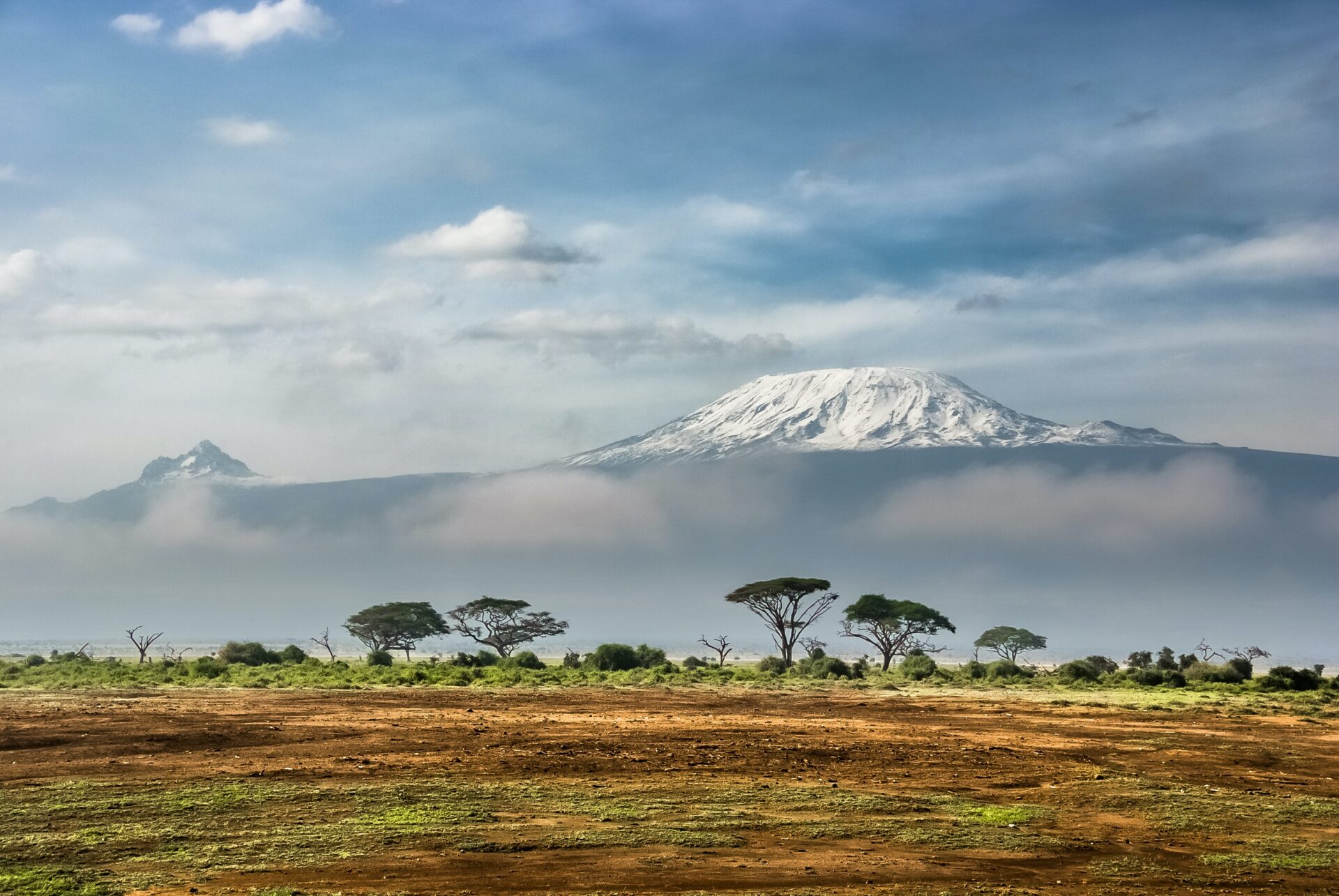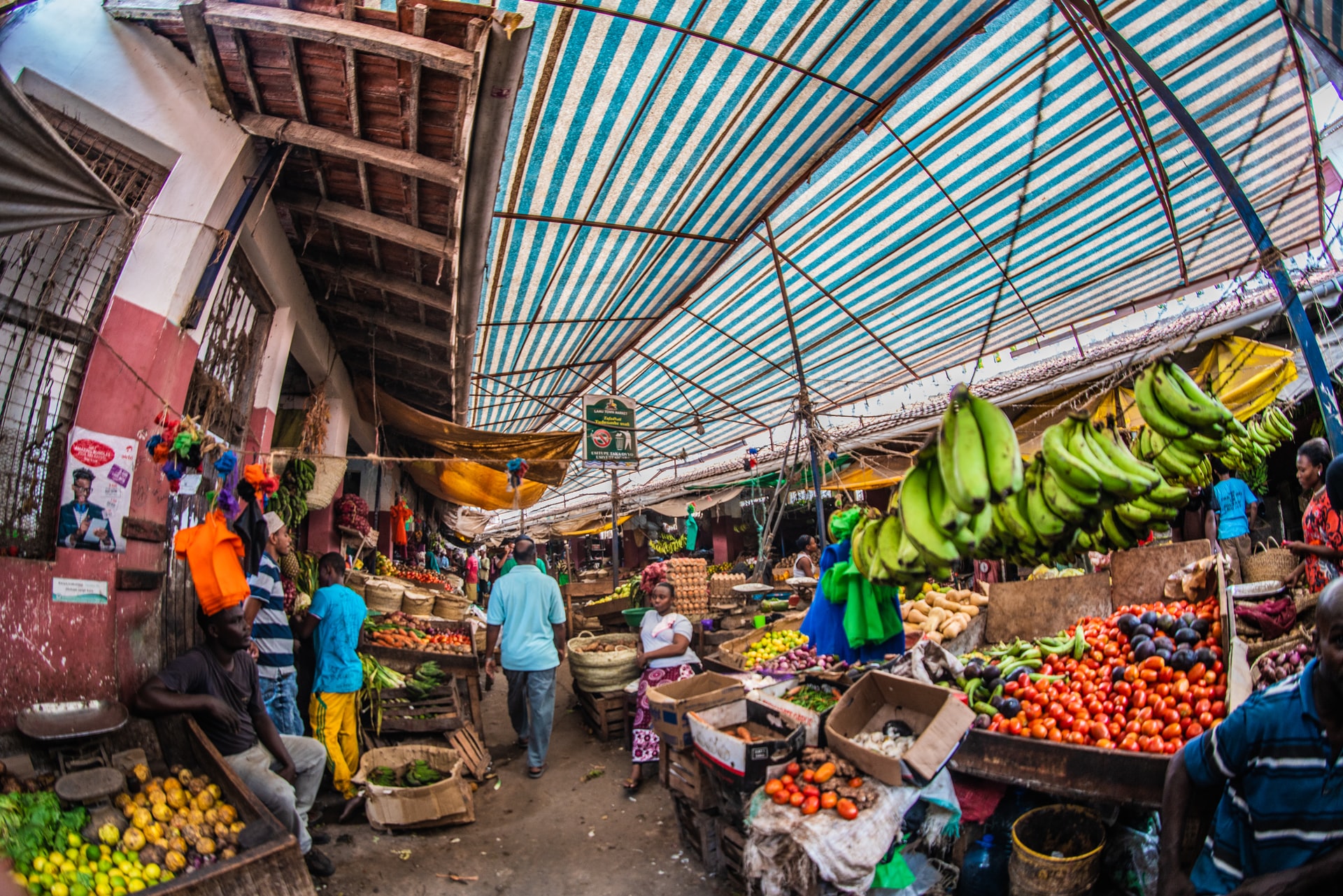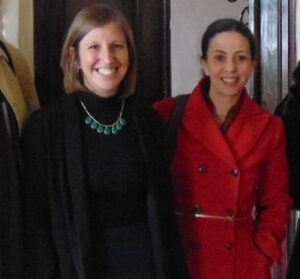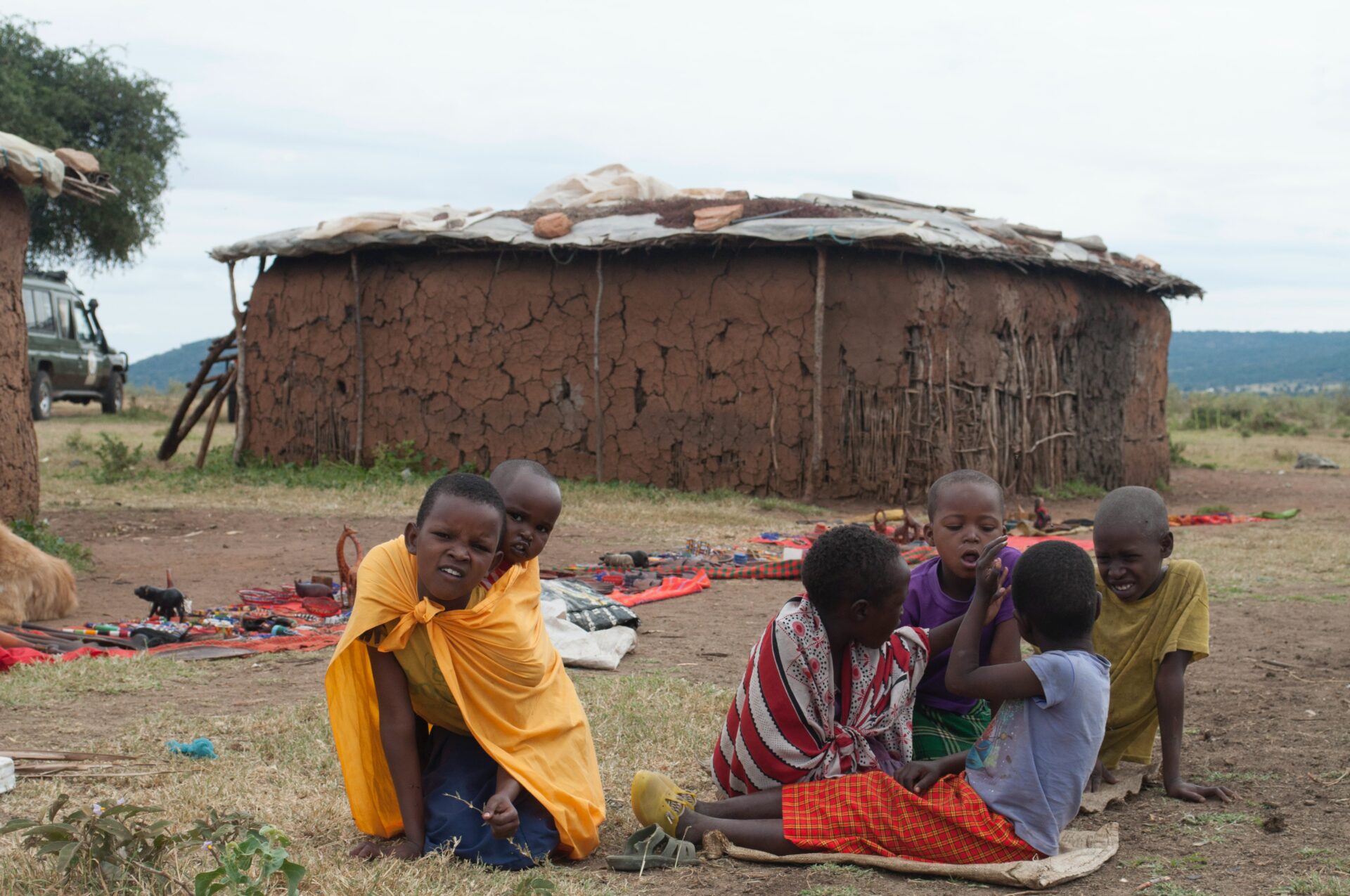
Learn about the final report for this GCDC research project, its impact and the trials of researching during the COVID-19 pandemic.
The Global Challenges Doctoral Centre are pleased to announce the final report of the research project: Harnessing the power of Heritage, tourism and the Creative Industries for poverty alleviation and sustainable development in Sub-Saharan Africa’.
We spoke to project lead Professor Sophia Labadi and postdoc Dr. Francesca Giliberto below about their work on the project, its intended impact and the trials of working in the field during the Coronavirus Pandemic.
Click here to read the full report of this project and please do circulate this via your social channels to celebrate the great work of the centre.
Why did you both begin working on this project and what did you hope to achieve?
Tourism is one of the most unequal sectors and it profits to Westerners, first and foremost. We wanted to conduct a project that would identify some solutions to these issues.
For this reason, the research aims to explore how we can re-imagine heritage-based tourism strategies in Sub-Saharan African and build back better this sector in the post-pandemic world. It also considered how tourism can more effectively contribute to a sustainable and resilient development aligned with the United Nations’ Agenda 2030 and the SDGs as well as with people’s needs and aspirations.
How was it to research this project during the COVID-19 pandemic? What challenges / opportunities did it present?
We had to adapt the project to fit the reality of the pandemic, particularly the methodology for data collection. It was impossible to travel to the chosen site of Mosi-oaTunya/Victoria Falls (Zambia and Zimbabwe) to conduct face to face interviews. Instead, we decided to change the research setting to focus on three Sub-Saharan countries (Kenya, Tanzania, and South Africa), which have been facing different restriction strategies to face the impacts of the COVID-19 pandemic, and on six case studies (three cultural and three natural heritage sites): Cape Town and Robben Island, Kruger National Park, Lamu Old Town, Masaai Mara National Reserve, Stone Town of Zanzibar, and Kilimanjaro National Park. We also decided to hire local research assistants in Kenya and Tanzania to collect data, in addition to remote-interviews that Francesca carried out on the phone or a virtual platform, and via an online survey. In a sense, the pandemic represented an opportunity to expand our database through our remote work and assistance from local research assistants.

Fruit Market in Lamu, Kenya (Photo By Beks)

Dr. Giliberto, GCDC PDRA, SECL (left)
Prof. Labadi, Professor of Heritage, School of Classical & Archeological Studies (right)
What have you learned from working on this project?
This was the first time that Francesca conducted cutting-edge research in the Global South. Working on this project she learnt more about the impact of COVID-19 on the tourism industry in Sub-Saharan Africa, on heritage sites and their conservation and management in Kenya, Tanzania and South Africa, as well as on local communities living within or around those sites. In particular, conducting remote-interviews with research participants, she had the chance to collect direct insights from local stakeholders about their necessities, concerns, and expectations as well as ways for re-imagining and reframing the tourism sector in ways that are more respectful of cultural and natural heritage sites, but also of local needs, aspirations and wellbeing. Finally, she had the chance to supervise and coordinate the research activities working in close collaboration with two local research assistants (based in Tanzania and in Kenya), who were responsible for data collection on the ground.
Why was this project run through the GCDC/GCRF? Was there anything it provided that other councils could not?
Our project fitted the vision of the Global Challenges Research Fund, as it aims to develop cutting-edge research to address challenges faced by countries from the Global South. Our goals are aligned with those of the GCRF: to use research to improve the lives and opportunities in the Global South. Schemes provided by other councils did not correspond to our goals the same way as the GCRF did.

Maasai Mara National Reserve, Kenya (Photo by Eunice Mobegi)